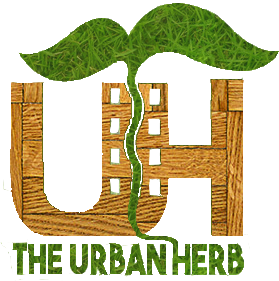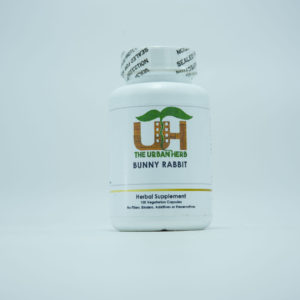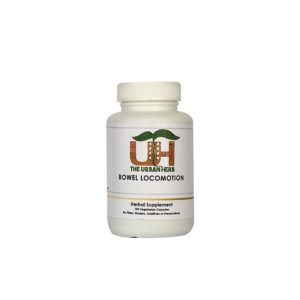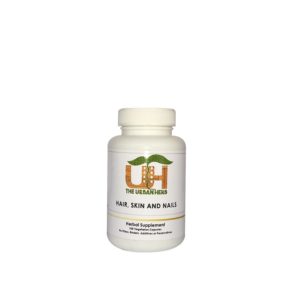Description
Vitamin K
Vitamin K plays a key role in helping blood clotting, preventing excessive bleeding. Unlike many other vitamins, vitamin K is not typically used as a dietary supplement. Vitamin K is actually a group of compounds. The most important of these compounds appears to be vitamin K1 and vitamin K2. Vitamin K1, or phylloquinone, comes from plants. It is the main type of dietary vitamin K. A lesser source is vitamin K2, or menaquinone, which occurs in some animal-based and fermented foods.
Uses:
Phylloquinone, also known as vitamin K1, is found in plants. When people eat it, bacteria in the large intestine convert it to its storage form, vitamin K2. It is absorbed in the small intestine and stored in fatty tissue and the liver. Without vitamin K, the body cannot produce prothrombin, a clotting factor that is necessary for blood clotting and bone metabolism. Most Americans are not at risk of a vitamin-K deficiency. It is most likely to affect newborns and those with a malapsorption problem, due, for example, to short-bowel syndrome, cystic fibrosis, celiac disease, or ulcerative colitis. Vitamin K benefits the body in various ways.
Benefits:
Bone health
There is a correlation between low intake of vitamin K and osteoporosis.
Several studies have suggested that vitamin K supports the maintenance of strong bones, improves bone density and decreases the risk of fractures. However, research has not confirmed this.
Cognitive health
Increased blood levels of vitamin K have been linked with improved episodic memory in older adults. In one study, healthy individuals over the age of 70 years with the highest blood levels of vitamin K1 had the highest verbal episodic memory performance.
Heart health and blood clotting
Vitamin K may help keep blood pressure lower by preventing mineralization, where minerals build up and harden the arteries. This enables the heart to pump blood freely through the body.
Mineralization naturally occurs with age, and it is a major risk factor for heart disease. Adequate intake of vitamin K has also been shown to lower the risk of stroke.
FUNCTION: Vitamin K aids in the production of prothrombin and thus is essential for blood clotting. It also helps in the formation and repair of bones, arrests bleeding. This vitamin is also essential for pregnant women. Help prevent postmenopausal bone loss. Help prevent calcification of your arteries.
Ingredients: Alfalfa, Spirulina, Cornsilk, Gotu Kola, Watercress, Blue Green Algae and Slippery Elm Bark






Reviews
There are no reviews yet.